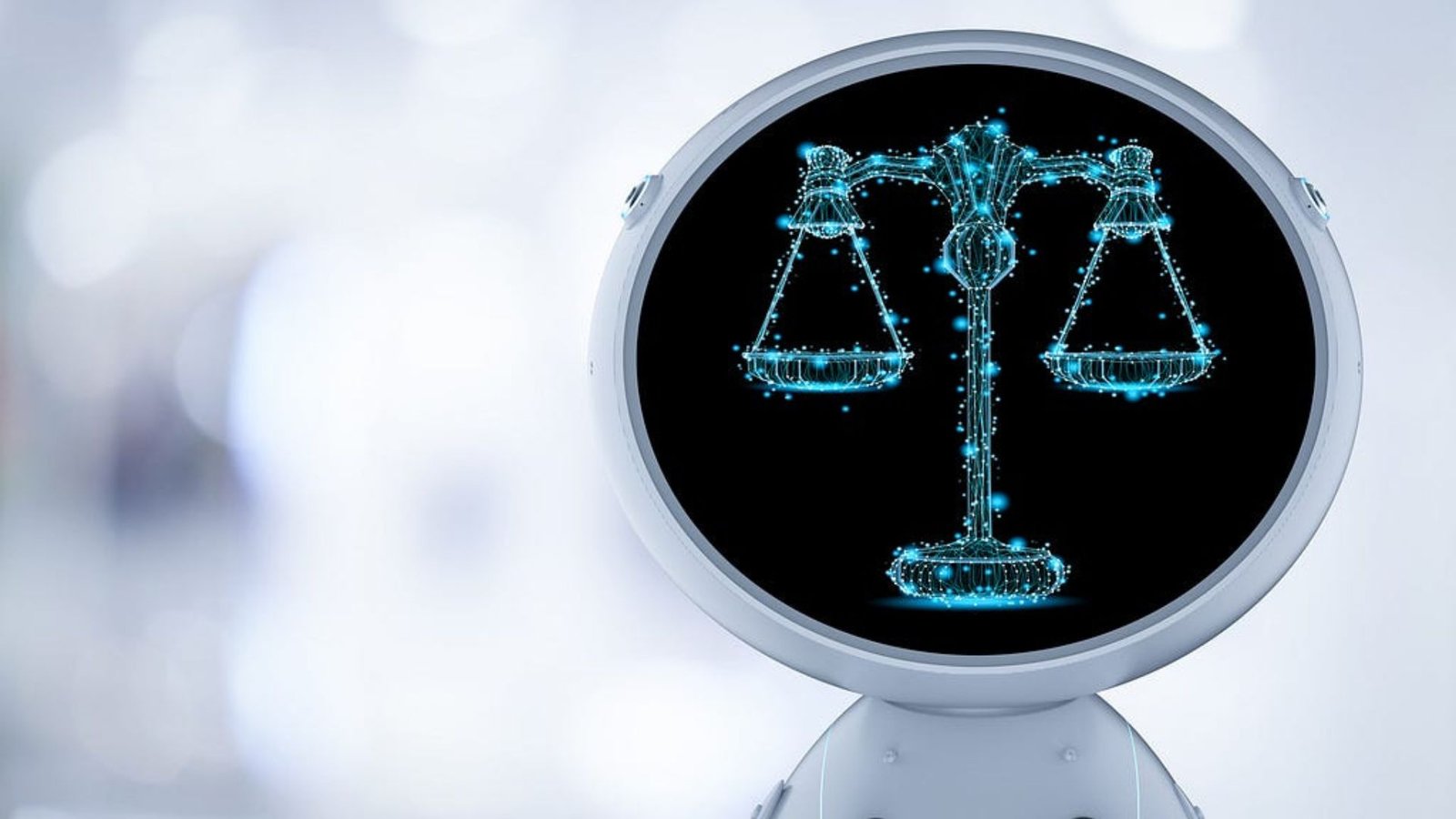|
Getting your Trinity Audio player ready...
|
Humanity in technology signifies a paradigm shift where the ethical dimensions of innovation take center stage. It encapsulates the essence of ensuring that technological advancements align with the values of justice, fairness, and positive societal impact. At its core, humanity in technology calls for a conscientious exploration of how innovations influence human lives, communities, and the global society. This perspective emphasizes the need to go beyond mere functionality and efficiency, urging developers, innovators, and stakeholders to consider the broader implications of their creations. In this era of rapid technological progress, the concept of humanity in technology beckons us to scrutinize the ethical underpinnings of every development. It prompts a reflection on how these innovations contribute to the well-being of individuals, address societal challenges and foster inclusivity. Humanity in technology challenges the notion that progress should be solely measured by technological sophistication
The Ethical Imperative in Tech Development
At the heart of technology lies an ethical imperative that developers, engineers, and innovators must embrace. The rapid pace of technological advancements often outstrips our ability to foresee the potential ethical challenges that may arise. This necessitates a proactive approach to identifying risks, biases, and unintended consequences in the design and implementation of technologies. Ethical considerations should be embedded in the very fabric of tech development processes. Balancing the pursuit of innovation with ethical boundaries is a delicate yet necessary task. Innovation is the driving force behind technological progress, pushing the boundaries of what is possible. However, it must be done with a keen awareness of ethical considerations. Striking this balance requires an ongoing dialogue within the tech community, collaboration with ethicists, and a commitment to navigate the ethical dimensions of innovation responsibly.

Addressing Bias and Inclusivity
A critical challenge that permeates the tech industry is the presence of bias in algorithms and the need for inclusivity in technological solutions. Humanity justice demands a commitment to fairness and impartiality in developing technologies. Scrutinizing algorithms is essential to ensure they do not reinforce existing societal biases. Developers must actively work towards creating inclusive algorithms. Moreover, algorithms should consider diverse perspectives, avoiding the perpetuation of discrimination. Empowering through accessible technology is a fundamental aspect of humanity’s justice. It involves ensuring that technological innovations are accessible to all, regardless of socioeconomic status, geographical location, or physical abilities. In designing technologies, the focus should be on empowering individuals from all walks of life rather than creating or exacerbating societal divides. Bridging the digital divide becomes a core tenet of justice in the technological realm.
Social Impact and Responsibility
The societal impact of technological advancements cannot be overstated. From environmental sustainability to community welfare, tech companies wield significant influence over various aspects of society. Acknowledging this, there is a growing recognition of the need for tech companies to embrace social responsibility. Humanity justice necessitates a commitment to positive social impact, from reducing carbon footprints to actively contributing to community welfare. Transparency and accountability form the bedrock of social responsibility in technology. Tech companies must be transparent about their practices, data usage, and the societal implications of their technologies. This transparency builds trust among users and stakeholders. Additionally, accountability mechanisms need to be in place to address concerns and rectify unintended consequences promptly. Fostering a culture of responsibility within tech organizations ensures that ethical considerations are not an afterthought but an integral part of decision-making processes.
Navigating the Regulatory Landscape
The interplay between technology and humanity justice often requires regulatory frameworks that can keep pace with rapid advancements. Policymakers face the challenge of striking the right balance between fostering innovation and safeguarding ethical standards. The regulatory landscape must evolve to address emerging challenges, including privacy concerns, data protection, and the ethical use of artificial intelligence. Global collaboration is essential in navigating the regulatory landscape. Given the global nature of technology, achieving humanity justice requires international cooperation. Tech companies, governments, and organizations worldwide must work together to establish universal ethical. Additionally, they can share standards, share best practices, and collectively address challenges. This collaborative approach ensures a more comprehensive and equitable integration of technology on a global scale.
Conclusion
As technology continues its relentless march forward, humanity justice emerges as a guiding principle that shapes the ethical dimensions of innovation. It calls for a conscientious and deliberate approach to tech development, prioritizing fairness, inclusivity, and positive societal impact. Upholding principles of humanity justice becomes not only an ethical imperative but a necessary foundation for a technologically advanced and socially equitable future. In navigating the complex terrain of technology and humanity justice, stakeholders must recognize the profound impact their decisions have on individuals, communities, and the global society. By embracing ethical considerations, fostering inclusivity, and actively contributing to positive social change, the tech industry can pave the way for a future where technological advancements align with the principles of justice and benefit humanity at large.
You might be interested in:

